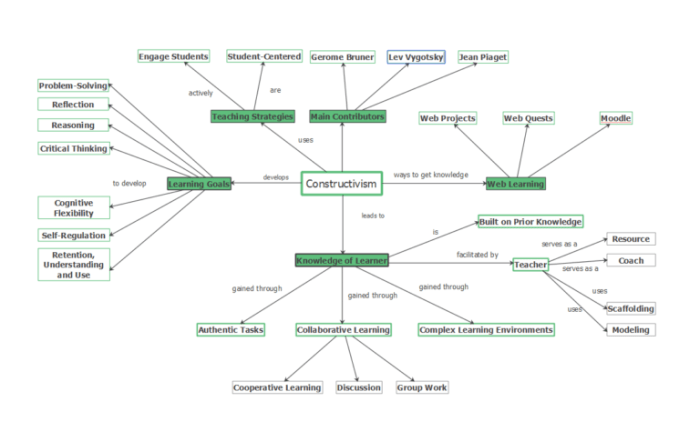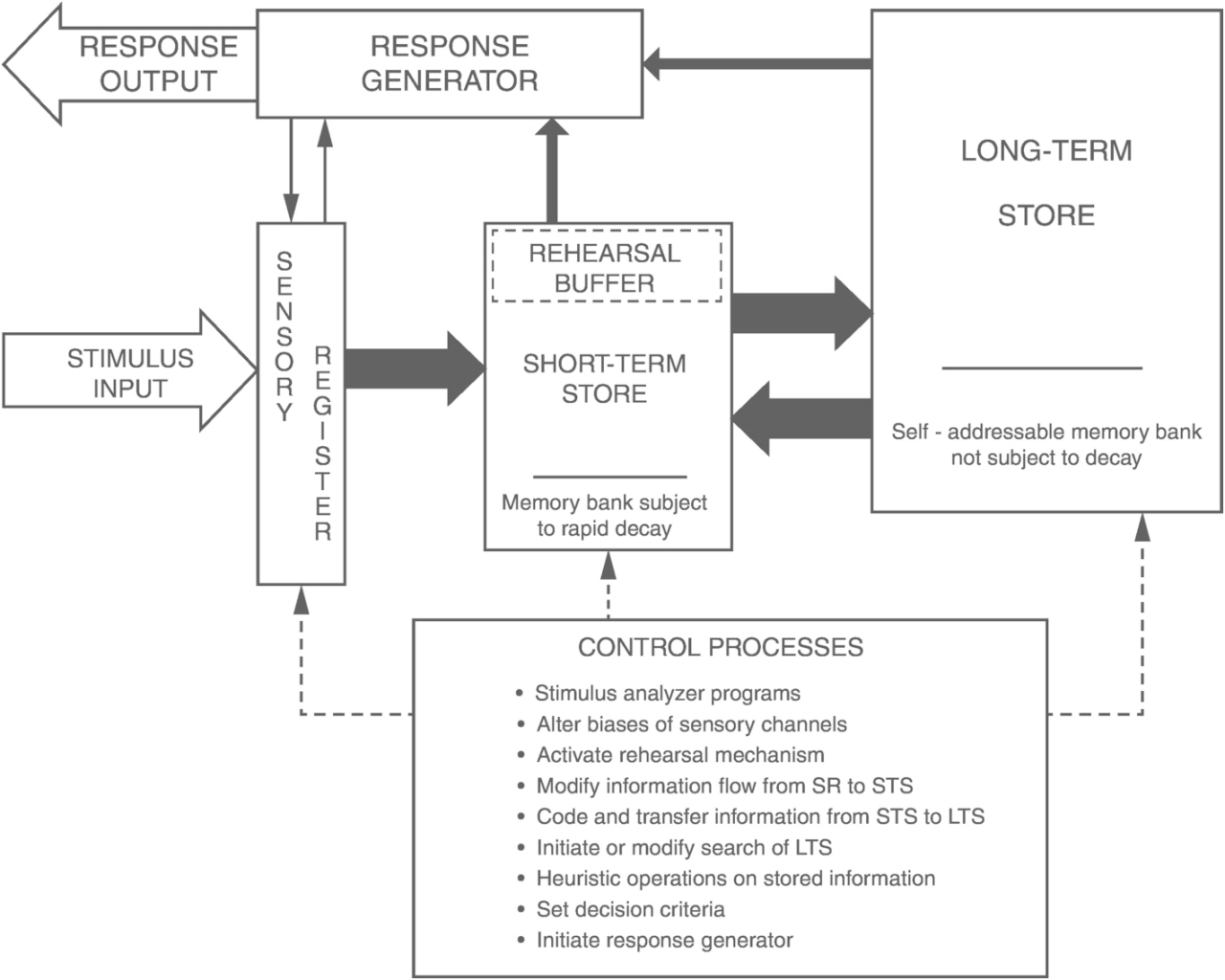A set of interconnected ideas that psychologist – A set of interconnected ideas forms the foundation of psychology, providing a cohesive framework for comprehending human behavior. These ideas are interwoven, shaping our thoughts, feelings, and actions, and influencing our interactions with the world around us.
Schemas, cognitive networks, and mental health are deeply intertwined with interconnected ideas, offering insights into the complexities of the human mind. This exploration delves into these concepts, examining their impact on our psychological well-being and social interactions.
Interconnected Ideas in Psychology: A Set Of Interconnected Ideas That Psychologist

Psychologists have recognized that human cognition and behavior are not a collection of isolated events, but rather a set of interconnected ideas that form a cohesive framework for understanding the world. These interconnected ideas are the building blocks of our thoughts, feelings, and actions.
One of the key ways in which ideas are interconnected is through schemas. Schemas are mental representations of our knowledge about the world, and they help us to organize and interpret new information. Schemas can be about anything, from our understanding of social roles to our beliefs about how the world works.
The Role of Schemas in Interconnected Ideas, A set of interconnected ideas that psychologist
Schemas play a crucial role in how we connect different ideas and experiences. For example, if we have a schema for a “dog,” we will expect that dogs have certain characteristics, such as four legs, fur, and a tail. When we encounter a new dog, we will use our schema to help us understand and interpret its behavior.
Schemas can also influence our thoughts, feelings, and behaviors. For example, if we have a negative schema about spiders, we may be more likely to experience fear or anxiety when we see one. Conversely, if we have a positive schema about spiders, we may be more likely to see them as harmless creatures.
Cognitive Networks and Interconnected Ideas
Another way in which ideas are interconnected is through cognitive networks. Cognitive networks are graphical representations of the relationships between different ideas. They can be used to represent a wide range of knowledge, from simple concepts to complex theories.
Cognitive networks allow for efficient information processing. When we need to access a particular piece of information, we can use the cognitive network to quickly find the relevant nodes and connections.
The Impact of Interconnected Ideas on Mental Health
The way in which our ideas are interconnected can have a significant impact on our mental health. For example, people with anxiety disorders often have maladaptive interconnected ideas about the world. They may believe that the world is a dangerous place and that they are constantly at risk of harm.
Cognitive distortions are another type of maladaptive interconnected idea. Cognitive distortions are ways of thinking that lead to inaccurate or negative conclusions. For example, someone with a cognitive distortion may believe that they are worthless because they made a mistake.
Interconnected Ideas in Social Psychology
Interconnected ideas also play a role in social psychology. For example, our schemas about different social groups can influence our interactions with members of those groups. We may be more likely to trust and cooperate with people who we perceive as being similar to us, and we may be more likely to distrust and avoid people who we perceive as being different from us.
Interconnected ideas can also influence our attitudes and behaviors towards social issues. For example, our beliefs about the causes of poverty can influence our support for social welfare programs.
User Queries
What is the significance of interconnected ideas in psychology?
Interconnected ideas provide a comprehensive framework for understanding human behavior by establishing relationships between various psychological concepts.
How do schemas contribute to interconnected ideas?
Schemas organize and interpret information, connecting different ideas and experiences, thus shaping our understanding of the world.
What role do cognitive networks play in interconnected ideas?
Cognitive networks represent interconnected ideas, allowing for efficient information processing and facilitating problem-solving and decision-making.



